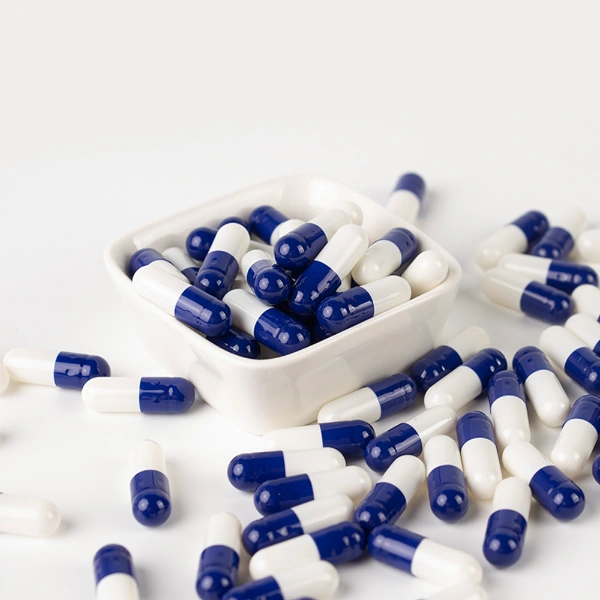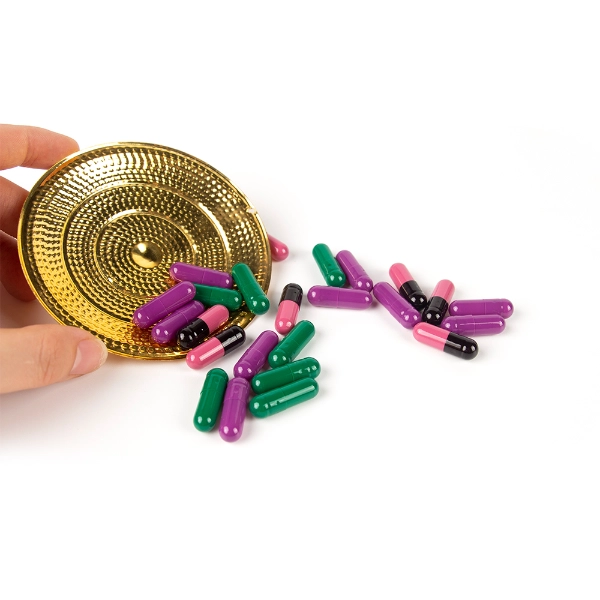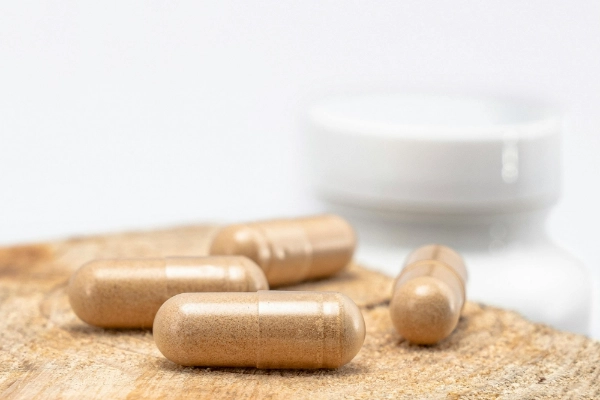Is HPMC Capsule Ingredients Safe?
Article source:Wecaps Jul 22, 2024 1244
In the field of health supplements and pharmaceuticals, the safety and effectiveness of the ingredients used have always been a concern. Hydroxypropyl methylcellulose (HPMC) is a common ingredient in capsule formulations, known for its versatility and biocompatibility. But is HPMC safe to consume? In this blog post, Wecaps will share with you the safety of empty HPMC capsule ingredients and explore their uses and benefits.
What is HPMC?
Hydroxypropyl Methylcellulose is a cellulose derivative, which means it is derived from cellulose, a natural polymer found in the cell walls of plants. HPMC is a semi-synthetic polymer that has been chemically modified to improve its properties. It is classified as a hydrophilic colloid, which means it can absorb water and form a gel-like substance. This characteristic makes it an ideal material for use in pharmaceutical capsules, as it can be easily molded and provides a controlled release of the encapsulated substance.
Uses of HPMC in Empty Capsules:
1. Encapsulation: HPMC is used to create the shell of the capsule, which encloses the active ingredients.
2. Dissolution Control: The gel-forming properties of HPMC allow for controlled release of the encapsulated substance, which can be tailored to meet specific therapeutic needs.
3. Stability: HPMC capsules can protect sensitive ingredients from environmental factors such as moisture, light, and oxygen, thus enhancing the stability of the product.
4. Vegetarian and Vegan-Friendly: As a plant-based material, HPMC is suitable for vegetarian and vegan consumers.
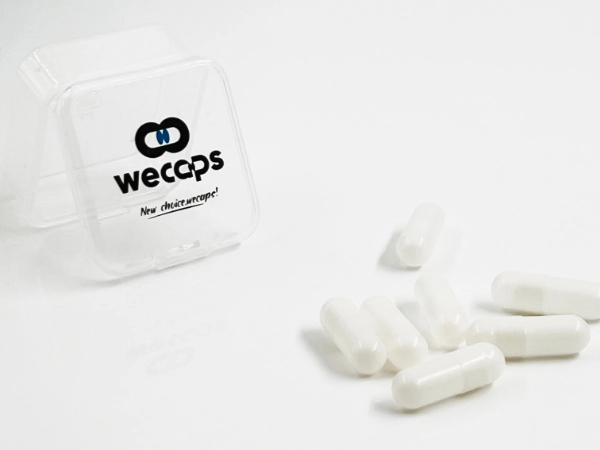
Benefits of HPMC
1. Biocompatibility: HPMC is considered biocompatible, meaning it is compatible with living tissue without causing adverse reactions.
2. Non-Toxic: It has a low toxicity profile, making it safe for consumption.
3. Halal and Kosher Certified: Suitable for various dietary needs, as it is approved by both Halal and Kosher certifications.
4. Vegetarian and Vegan Friendly: As it is derived from plant cellulose, it is suitable for vegetarians and vegans.
5. Versatility: HPMC can be tailored to different needs, such as quick-release or slow-release formulations.
Safety and Regulatory Status
1. FDA Approval: HPMC is approved by the U.S. Food and Drug Administration (FDA) for use in pharmaceuticals.
2. EU Compliance: It complies with the regulations of the European Union, where it is classified as a food additive (E464).
3. WHO Listing: The World Health Organization (WHO) lists HPMC as a safe excipient for use in pharmaceuticals.
Safety and Toxicological Studies:
1. Biocompatibility: Studies have shown that HPMC is biocompatible, meaning it does not cause adverse reactions when it comes into contact with living tissue.
2. Absorption and Metabolism: HPMC is not absorbed by the body in significant amounts and is excreted largely unchanged, reducing the risk of systemic side effects.
3. Allergenicity: There is limited evidence to suggest that HPMC can cause allergic reactions, and such cases are rare.
4. Chronic Toxicity and Carcinogenicity: Long-term studies have not found HPMC to be toxic or carcinogenic.
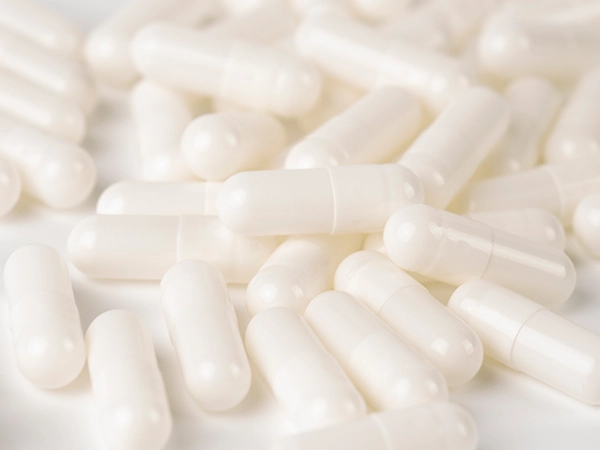
A large amount of evidence supports the safety of HPMC as a capsule ingredient. Its biocompatibility, low absorption and regulatory approval from global health authorities make it the first choice for encapsulation. If you want to know more about HPMC capsules, please contact Wecaps and we will provide you with the most professional answers.

